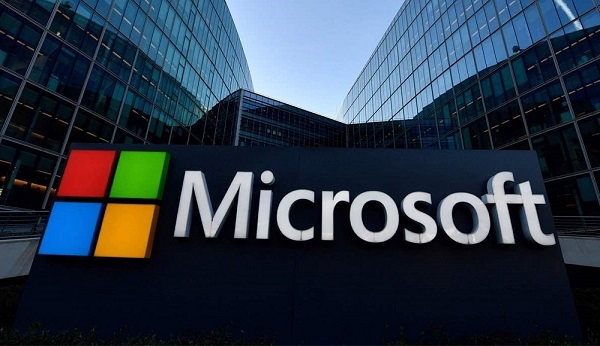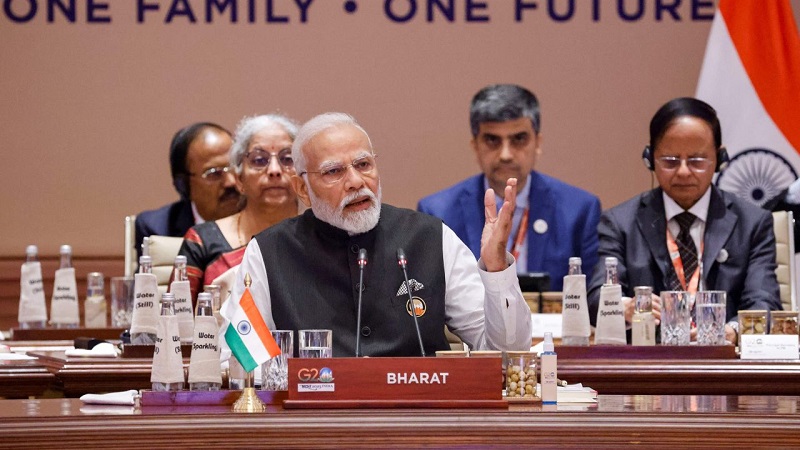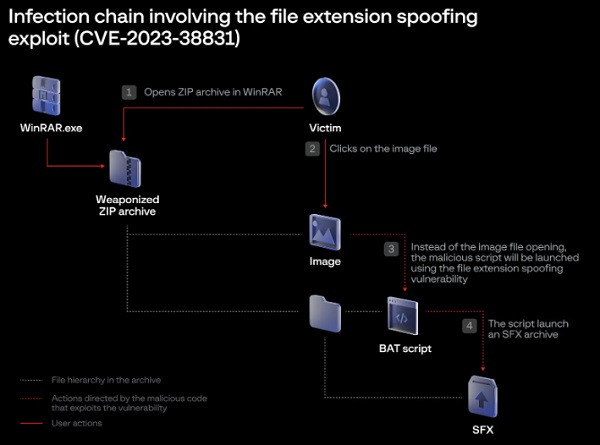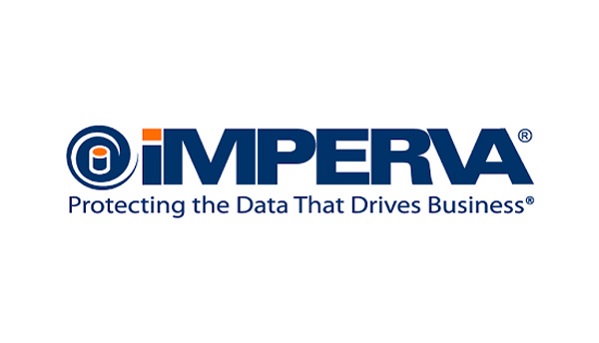PMLA Extends to Crypto Transactions and Virtual Assets
Cryptocurrencies are defined as virtual digital assets (VDAs) because they are digital assets that use cryptography to secure and verify transactions and are not backed by any physical asset or government. VDAs are a type of digital asset that is not a legal tender, but is used as a medium of exchange, store of value, or unit of account.
Cryptocurrencies such as Bitcoin, Ethereum, and Litecoin are examples of VDAs. These digital assets are created through a process called mining, which involves using computer power to solve complex mathematical algorithms. The transactions are recorded on a public ledger called a blockchain, which allows for transparency and immutability.
In India, the lack of regulation around VDAs has led to a situation where they are currently unregulated, with individuals and businesses using and trading in them at their own risk. The government’s proposal to introduce a Central Bank Digital Currency (CBDC) is seen as a step towards providing a regulatory framework for the use and trade of VDAs in India.

The Indian government has announced that cryptocurrency transactions will now come under the ambit of money laundering provisions. The move is aimed at tightening oversight of digital assets in India. The notification stated that participation in transactions involving virtual digital assets will now fall under the Prevention of Money Laundering Act (PMLA). Exchange and transfer of virtual digital assets will also come under PMLA laws.
The government has warned investors against participating in and providing financial services related to an issuer’s offer and sale of a virtual digital asset. This step is seen as positive by industry experts who believe it recognizes the cryptocurrency sector in India. CoinSwitch co-founder Ashish Singhal has welcomed the notification on Twitter.
Digital crime, such as money laundering, has become an increasing concern in recent years, particularly as virtual assets and cryptocurrencies have grown in popularity. To address this issue, governments around the world have been implementing new regulations and laws aimed at cracking down on digital crime. One such law is the Money Laundering Act, which has recently been extended to cover crypto transactions and virtual assets.
The Money Laundering Act is a law that aims to prevent money laundering and the financing of terrorism. It requires financial institutions to implement strict customer due diligence measures and report any suspicious transactions to the authorities. The law has been in place for several years and has been effective in reducing money laundering in traditional financial systems. However, the rise of virtual assets and cryptocurrencies has created new challenges for regulators.
See more: Strelastealer malware targeting Outlook and Thunderbird users
Virtual assets and cryptocurrencies are inherently more difficult to trace and monitor than traditional financial transactions. They can be used to move large amounts of money across borders quickly and anonymously, making them attractive to criminals looking to launder money or finance illegal activities. To address these challenges, the Money Laundering Act has been extended to include virtual assets and crypto transactions.
Under the new provisions, any entity involved in the exchange, storage, or transfer of virtual assets or cryptocurrencies will be subject to the same customer due diligence requirements as traditional financial institutions. This includes verifying the identity of customers, monitoring transactions for suspicious activity, and reporting any suspicious transactions to the authorities.
The extension of the Money Laundering Act to cover virtual assets and crypto transactions is an important step in the fight against digital crime. It will help to close regulatory gaps and ensure that virtual assets and cryptocurrencies are subject to the same anti-money laundering and anti-terrorist financing measures as traditional financial transactions.
See more: High severity flaw allowed hackers repojacking GitHub Repository
However, the implementation of these new provisions will also pose challenges for businesses operating in the virtual asset and cryptocurrency space. They will need to invest in new technologies and processes to ensure compliance with the new regulations, which could increase their operating costs. They may also face new legal and regulatory risks as the regulatory landscape for virtual assets and cryptocurrencies continues to evolve.
Author: Manjushree Gavitre
We hope you found article interesting. For more exclusive content follow us on Facebook, Twitter and LinkedIn






